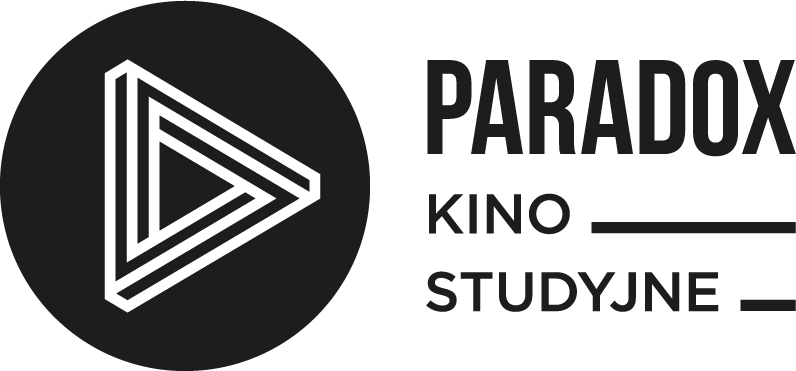"Ich numer telefonu znamy z demonstracji. Twarze z okładek gazet albo furgonetki antyaborcyjnej. Nazwiska z kampanii społecznych lub doniesień sądowych. W filmie poznajemy bliżej Justynę, Kingę, Natalię i Karolinę - przyjaciółki i aktywistki tworzące Aborcyjny Dream Team. Dziewczyny odbierają telefon pomocowy i chwalą się na TikToku, że umożliwiają 100 aborcji dziennie szokując hasłem „Aborcja jest OK!”.
Mają przeciwko sobie wszystkich - opinię publiczną, lekarzy, polityków. Mało kto rozumie, że ich prowokacyjny styl to walka ze stygmą aborcyjną, a w tle toczy się batalia o wolność i zdrowie kobiet. Jednak po wyroku trybunału, praktycznie zakazującego dokonywania aborcji, ich grupa staje się symbolem społecznej rewolucji a numer infolinii skanduje tysiące ludzi na protestach. Niszowa wcześniej działalność staje się coraz bardziej niebezpieczna znajdując się nagle w centrum zainteresowania – nie tylko mediów, ale również prokuratury. Jedna z nich, Justyna staje przed sądem za “pomoc w aborcji”. W momentach wyczerpania i rozpaczy dziewczyny ratują się poczuciem humoru i wzajemnym wsparciem, a potem stawiają się na posterunku z pytaniem „jak mogę Ci pomóc”?"
Their phone number is known from demonstrations. Faces from newspaper covers or the anti-abortion van. The first film about the Abortion Dream Team, which consists of friends and activists – Justyna, Kinga, Natalia, and Karolina.
Their phone number is known from demonstrations. Faces from newspaper covers or the anti-abortion van. Names from social campaigns or court reports.
In the film, we get to know Justyna, Kinga, Natalia, and Karolina – friends and activists who make up the Abortion Dream Team. They answer the helpline and proudly share on TikTok that they facilitate 100 abortions a day, shocking many with the slogan: “Abortion is OK!”
They face opposition from all sides—public opinion, doctors, politicians. Few understand that their provocative style is a fight against abortion stigma, while in the background, a battle for women's freedom and health unfolds. After the tribunal’s ruling that effectively banned abortion, their group became a symbol of social revolution, with their hotline number chanted by thousands at protests.
What was once a niche initiative is now increasingly dangerous, suddenly at the center of attention—not only from the media but also from prosecutors. One of them, Justyna, faces trial for “helping in abortion.” In moments of exhaustion and despair, the women find solace in humor and mutual support—only to return to their mission, asking, “How can I help you?”
